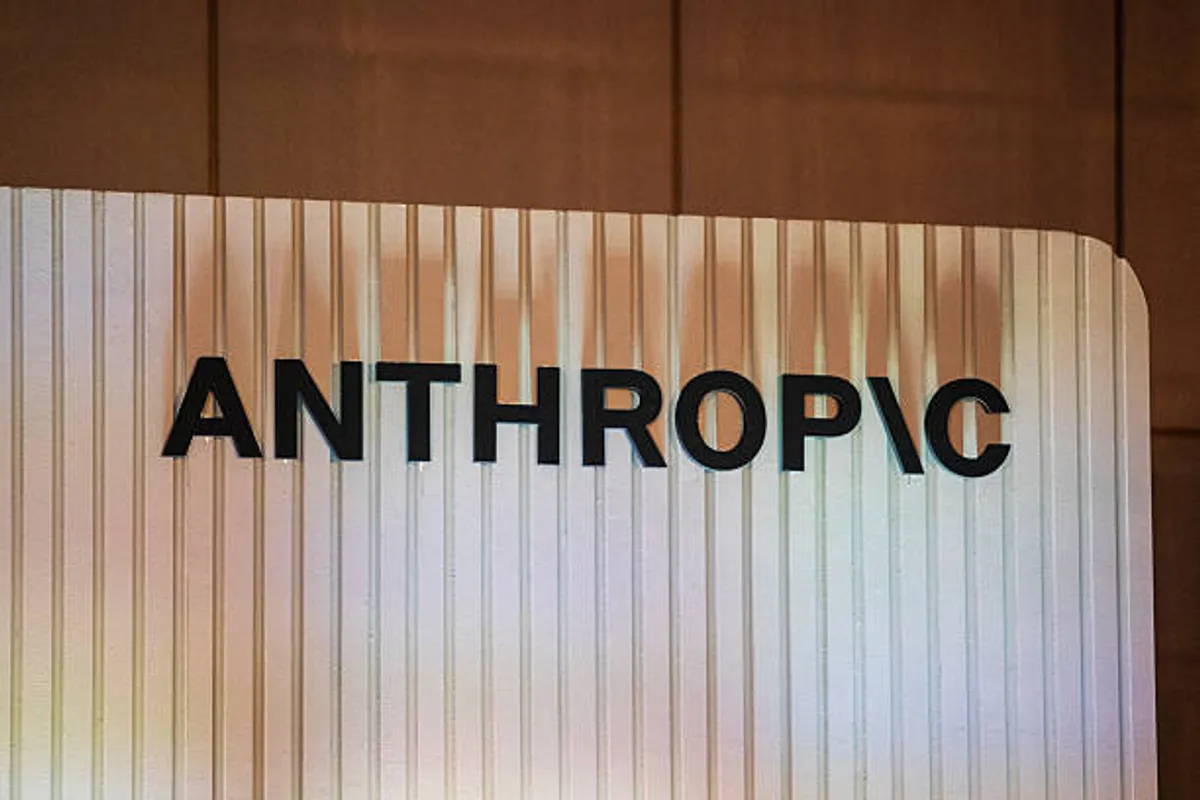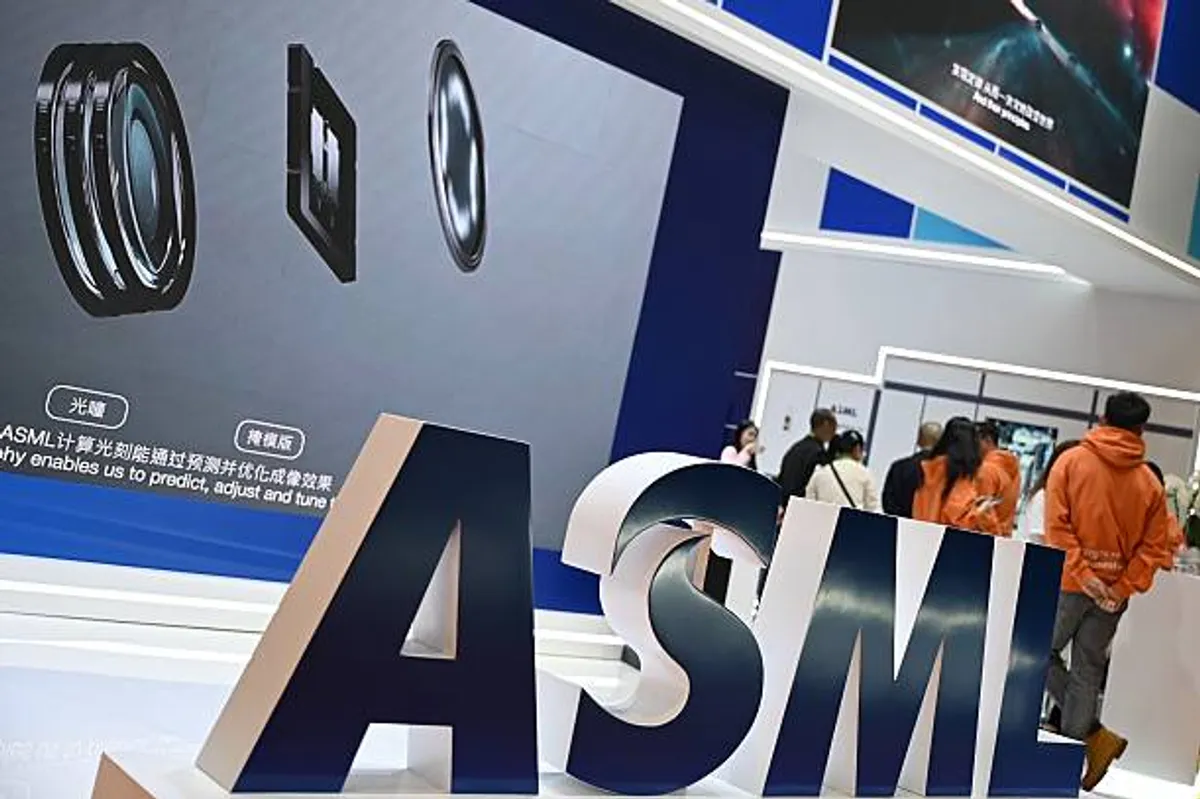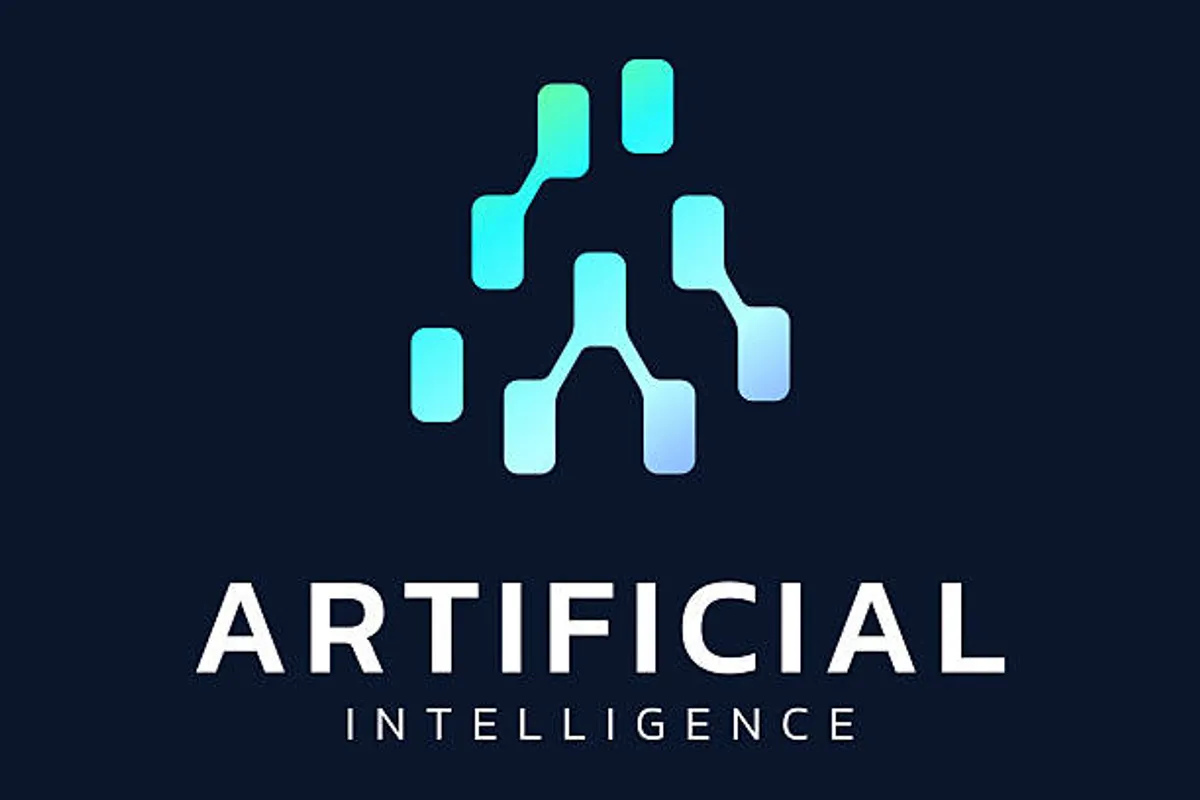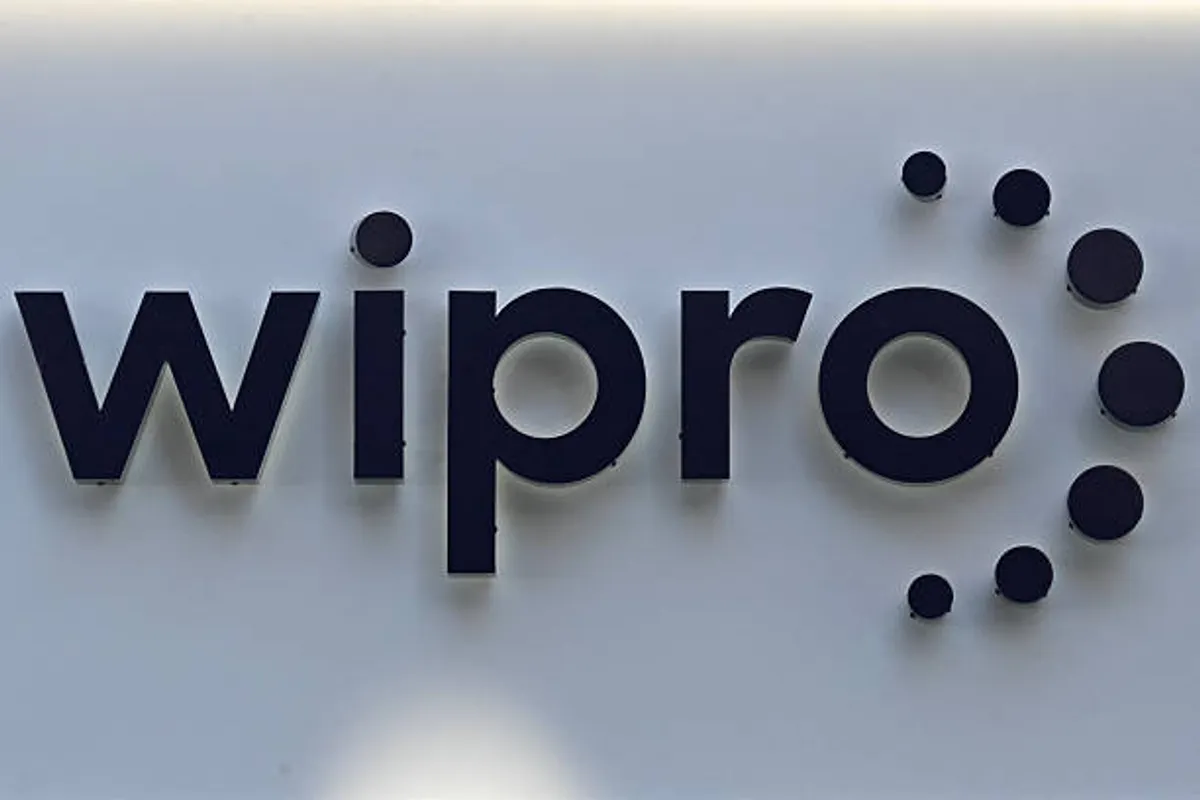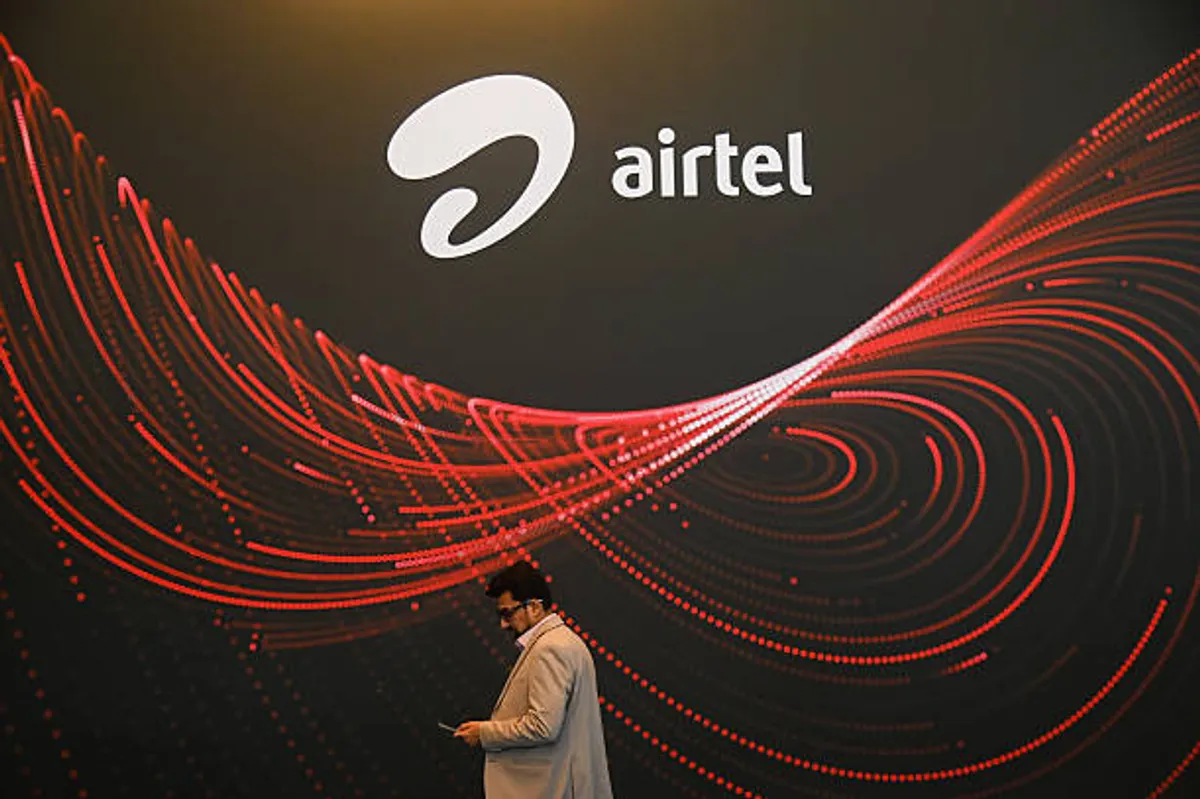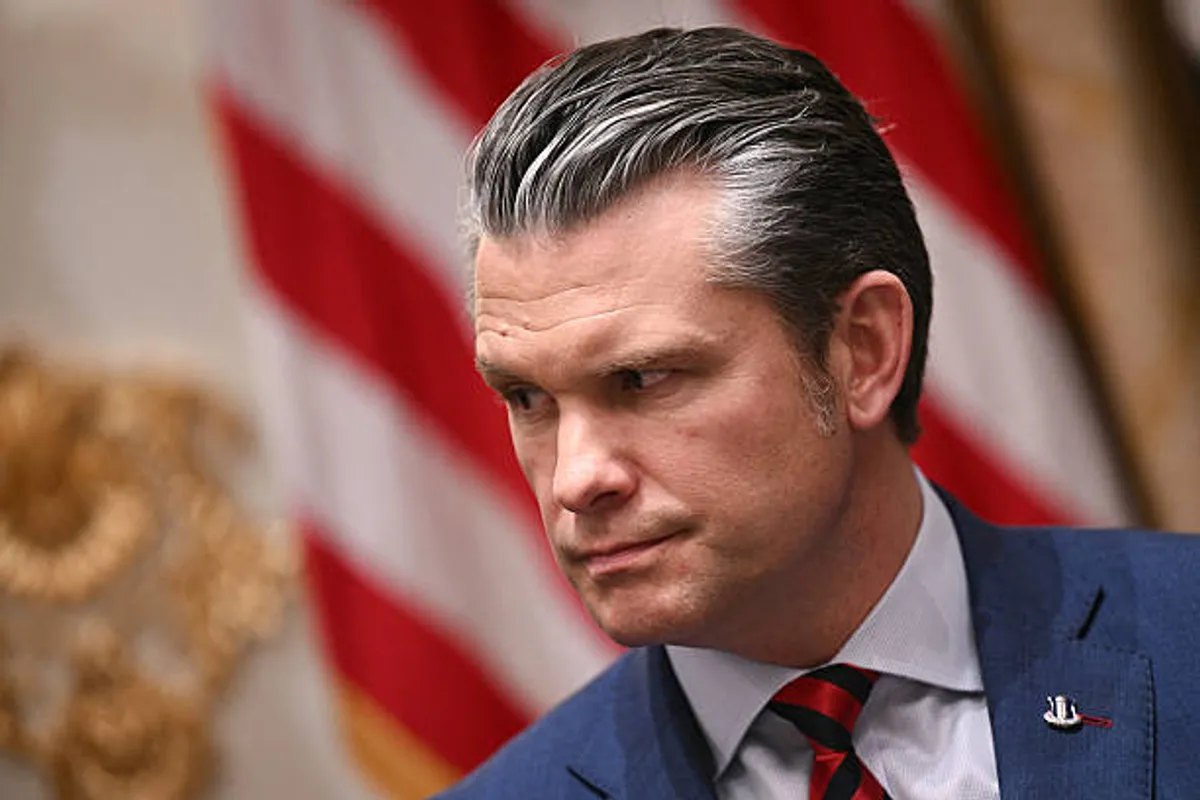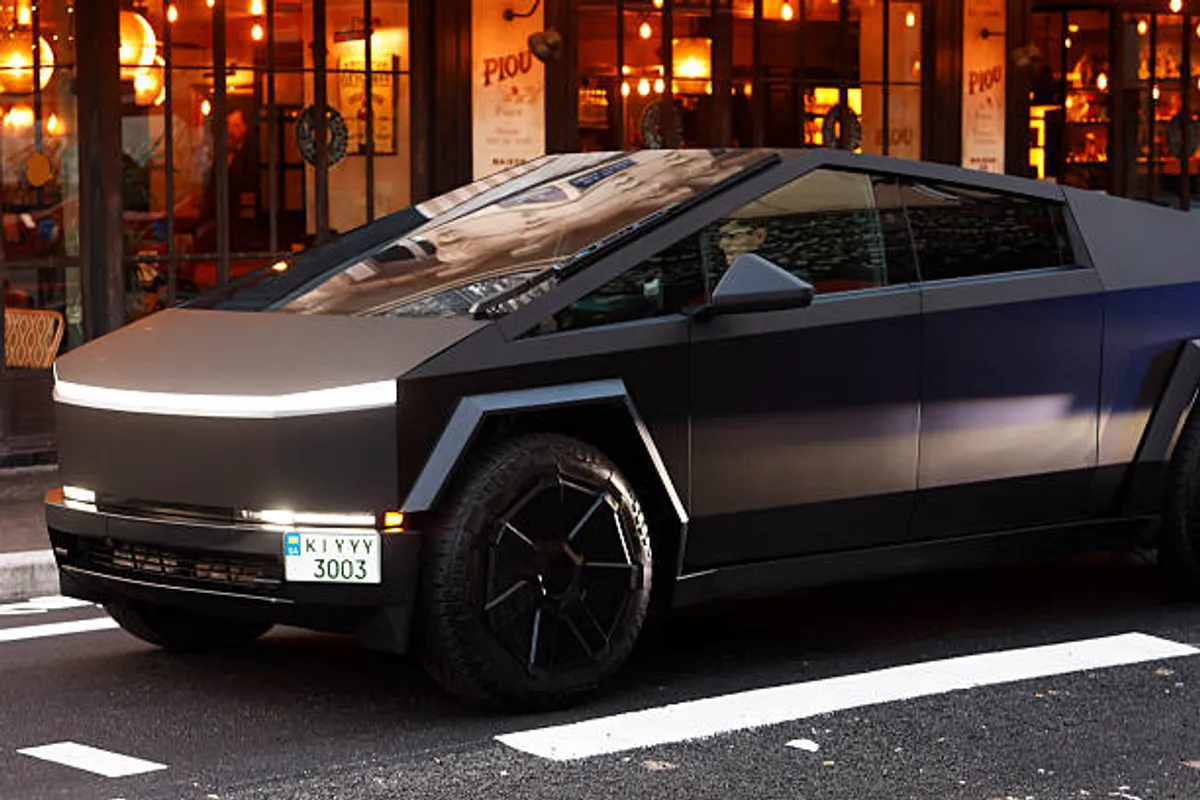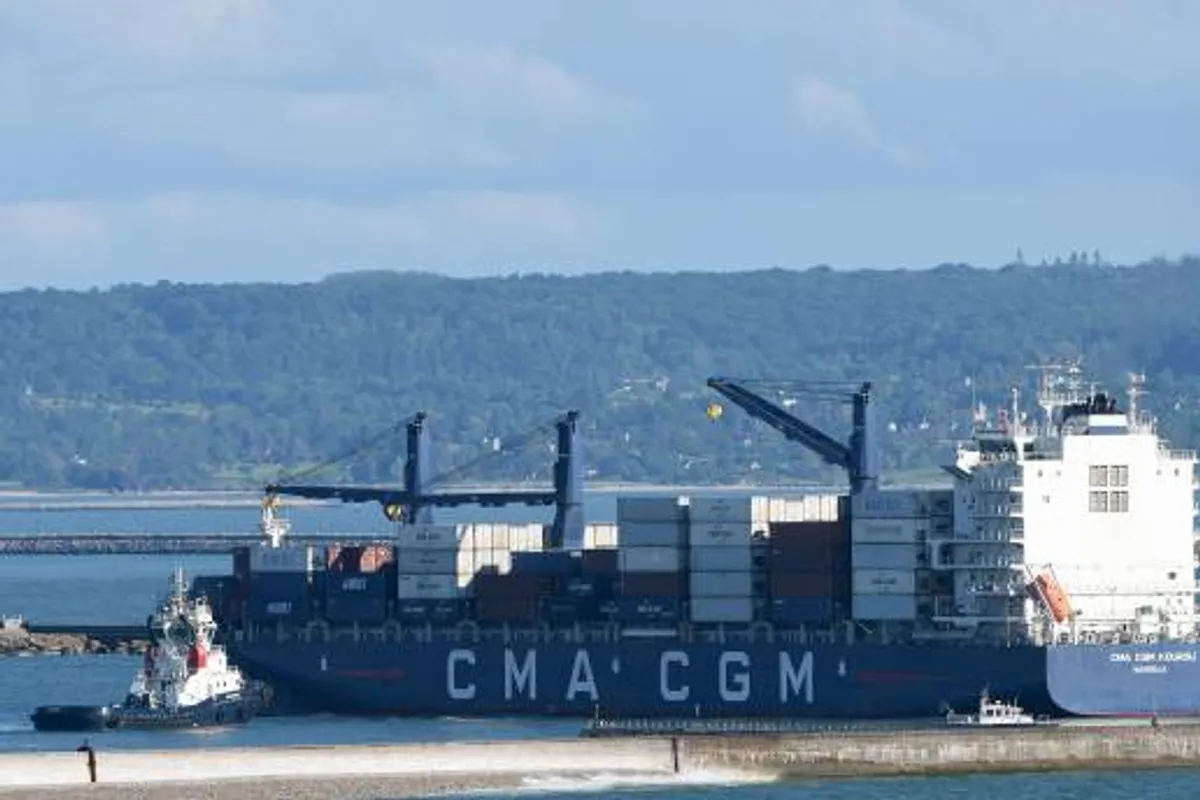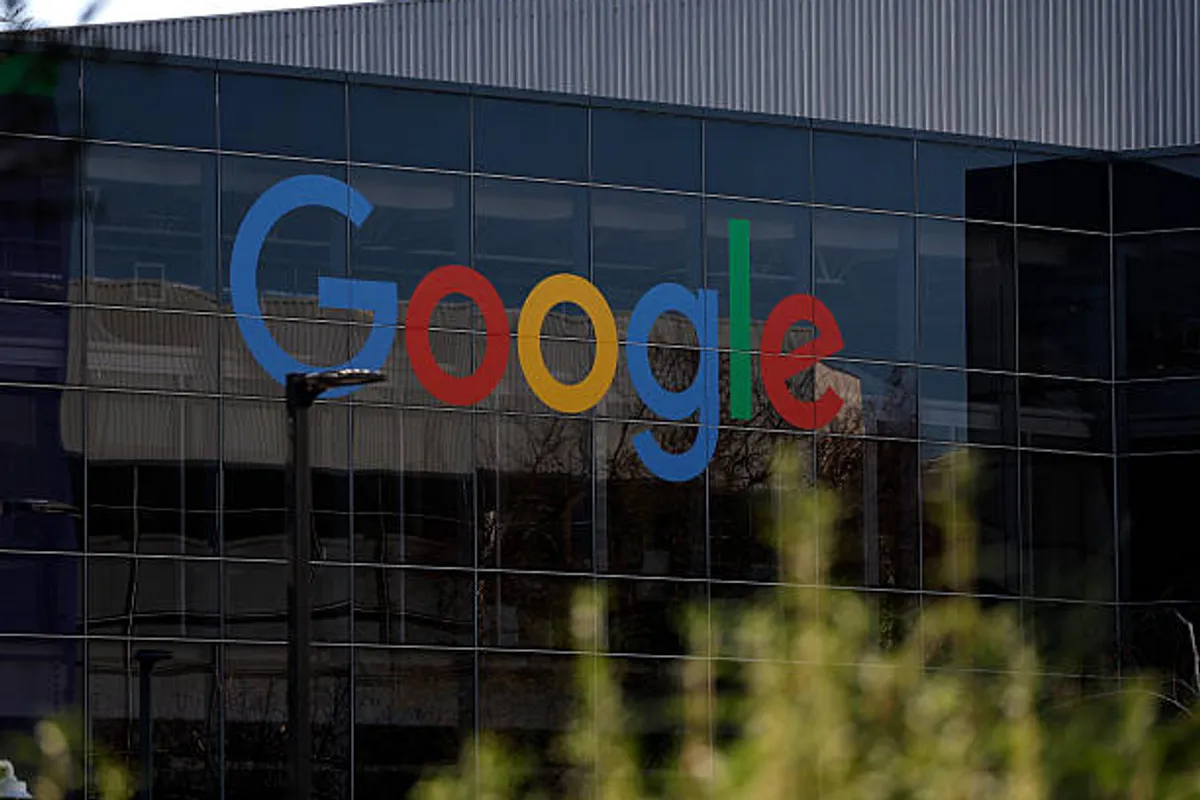Elon Musk Confirms Tesla as Client in Samsung’s $16.5 Billion Microchip Deal

GeokHub
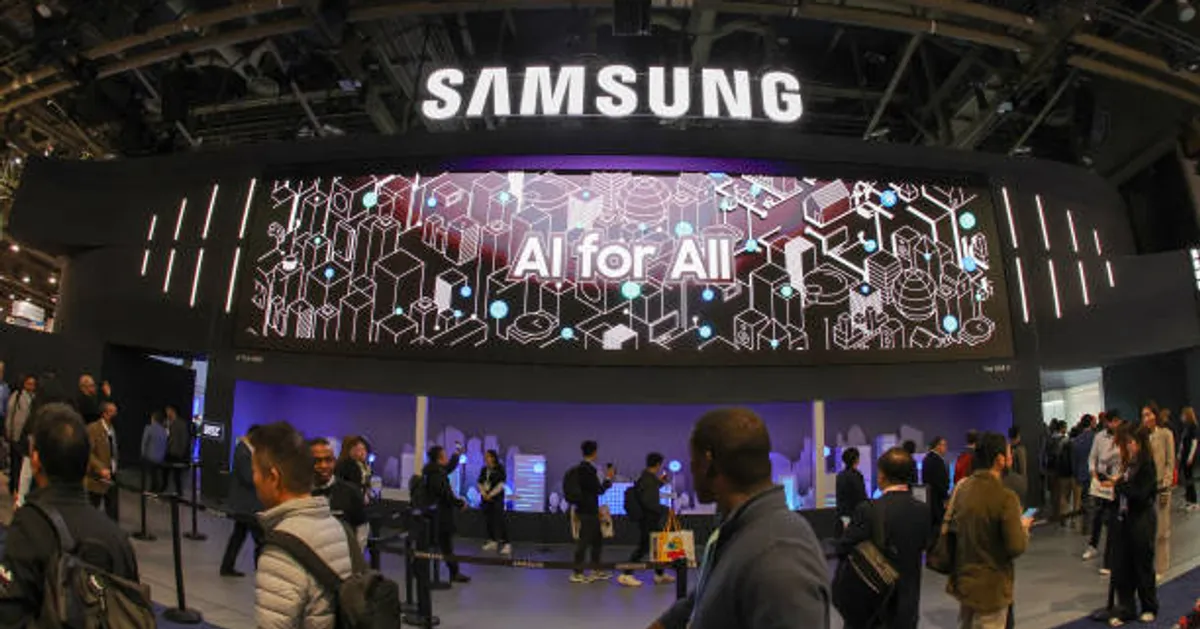
Tesla CEO Elon Musk announced that Tesla is the client in a $16.5 billion chip supply deal with Samsung Electronics, revealed in a South Korean regulatory filing on July 26, 2025. The multi-year agreement, running through December 31, 2033, will see Samsung’s new Taylor, Texas, fabrication plant produce Tesla’s next-generation AI6 chips, critical for its self-driving vehicles, humanoid robots, and AI data centers. Musk emphasized the deal’s strategic importance, noting it could exceed $16.5 billion, with Tesla assisting Samsung to optimize manufacturing efficiency.
Details of the Deal
- Scope: Samsung will manufacture Tesla’s AI6 chips, designed to unify hardware for vehicles, Optimus robots, and Dojo AI training systems, using a cutting-edge 2-nanometer process. The deal represents 7.6% of Samsung’s 2024 revenue of $217.7 billion.
- Current Roles: Samsung currently produces Tesla’s AI4 chips for Full Self-Driving (FSD) systems, while TSMC is set to make AI5 chips in Taiwan and Arizona.
- Impact on Samsung: The contract is a lifeline for Samsung’s struggling foundry business, which holds an 8% global market share compared to TSMC’s 67%. Losses exceeded $3.6 billion in the first half of 2025, but the deal boosted Samsung’s shares by nearly 7% to a September 2024 peak.
- Musk’s Involvement: Musk, who lives near the Texas plant, will personally oversee production efficiency, addressing Samsung’s delays and client retention issues. The Taylor facility, set to start in 2026, had faced setbacks due to a lack of major customers.
Why It Matters
For Tesla, the deal ensures a steady supply of advanced chips, vital as its FSD technology relies solely on camera-based systems, unlike competitors using radar and lidar. The AI6 chip, building on the AI4 and AI5, is expected to deliver 10 times the processing power of the AI4, enhancing Tesla’s autonomous driving and robotics ambitions. For Samsung, the contract strengthens its bid to compete with TSMC and SK Hynix in the AI chip race, supporting Chairman Jay Y. Lee’s push into contract manufacturing despite a projected 56% drop in Q2 2025 operating profit.
Broader Context
The agreement aligns with U.S.-South Korea trade talks to counter potential 25% U.S. tariffs, strengthening technological ties. However, Samsung’s loss of clients like Apple and Nvidia to TSMC highlights ongoing challenges in producing cutting-edge chips, making the Tesla deal a critical win. Note: Deal details are based on recent reports; outcomes depend on production success and trade dynamics.
